
by Palmyra Bakker | Aug 26, 2025 | Blog-UK
“Gezellig”, such a quintessential Dutch word, that rolls off our tongues so easily. Gezellig is generally translated into English as “Cozy”, but it means much more than that in Dutch. Let me try to explain what “gezellig” means for me. For me it is the feeling you get when you’re with loved ones, enjoying good company and having a good time in a comfortable setting. It’s the warmth of friendship and shared happiness.
A client talks about her sister, who came to visit and repeatedly commented on how cosy she found it. Her sister also regularly invites her, saying: “Then come over to us, it’ll be cosy.” “Cosy? Cut the cosy talk! I can’t stand it anymore,” the client says. She doesn’t like this, because she lost her husband a few months ago. She is grieving and still sad, angry, and tired, and is not ready for any cosiness.
A few months later, two friends came over to visit. They ate together, had a glass of wine, reminisced, and talked about how things were for her now. They didn’t discuss how things would look in the future. When the friends were leaving, she said at the door: “Thank you, it was cosy.” She was shocked. Cosy? Did I really say that? Yes, she did, because it actually was cosy. She is surprised that her feelings have changed so much in a few months and that she was able to enjoy the evening after all.
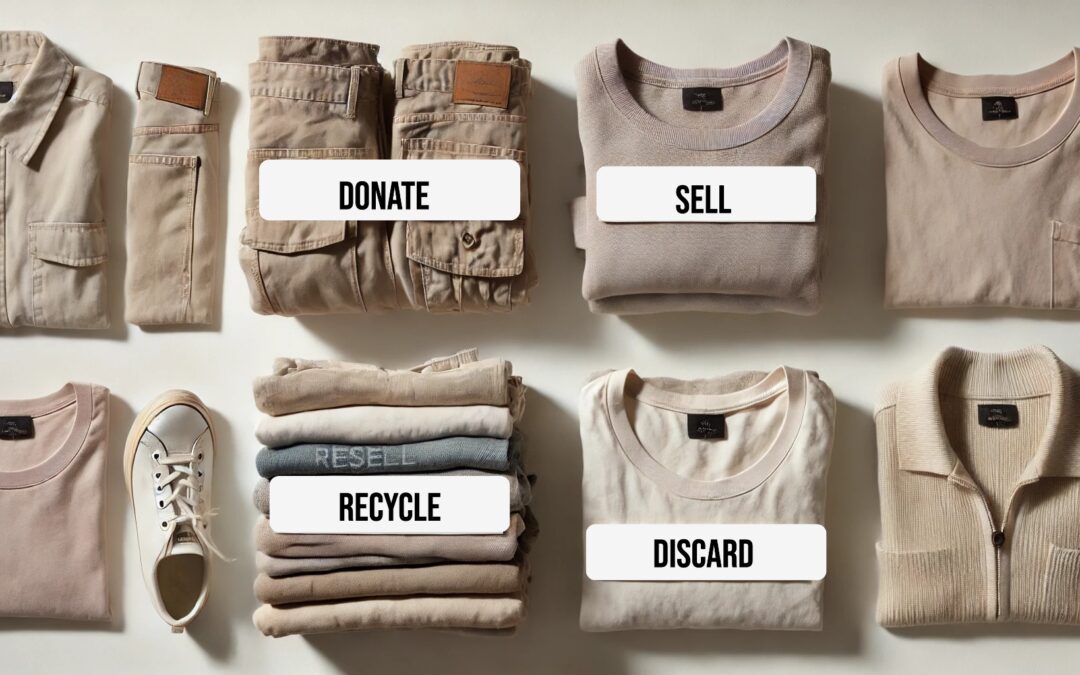
by Palmyra Bakker | Apr 28, 2025 | Blog-UK
Decluttering after the loss of a loved one is a tender, deeply personal process and often not easy. Where to begin? Legacy Decluttering: A compassionate Guide To Letting Go is a helpful guide written by Sheila Carroll, professional organizer and KonMari Consultant based in Amsterdam, offering supportive, practical advice for navigating this emotional journey. It begins with the reminder that there’s no set timeline—readiness is emotional, not calendar-based. Whether you’re easing in slowly or facing a time-sensitive situation, the guide helps you approach the process with clarity and care.
For urgent circumstances, it offers tools to make decisions quickly and thoughtfully, including sorting systems, help from others, and a simple script for offering items to family. Inspired by the “spark joy” principle, the guide encourages keeping only what genuinely lifts your heart, freeing yourself from guilt or obligation.
It also provides a gentle roadmap: start with less sentimental items, recognize signs it might be time to begin, and ask for help when needed—from friends, family, or professionals. Digital preservation is offered as a meaningful way to keep memories without holding onto every item.
Finally, it suggests finding purposeful new homes for belongings—through donations, returning gifts, or sharing with extended family—while emphasizing that joy and love can co-exist with letting go. Decluttering becomes not an act of forgetting, but a way to honor the past while making room for the present.
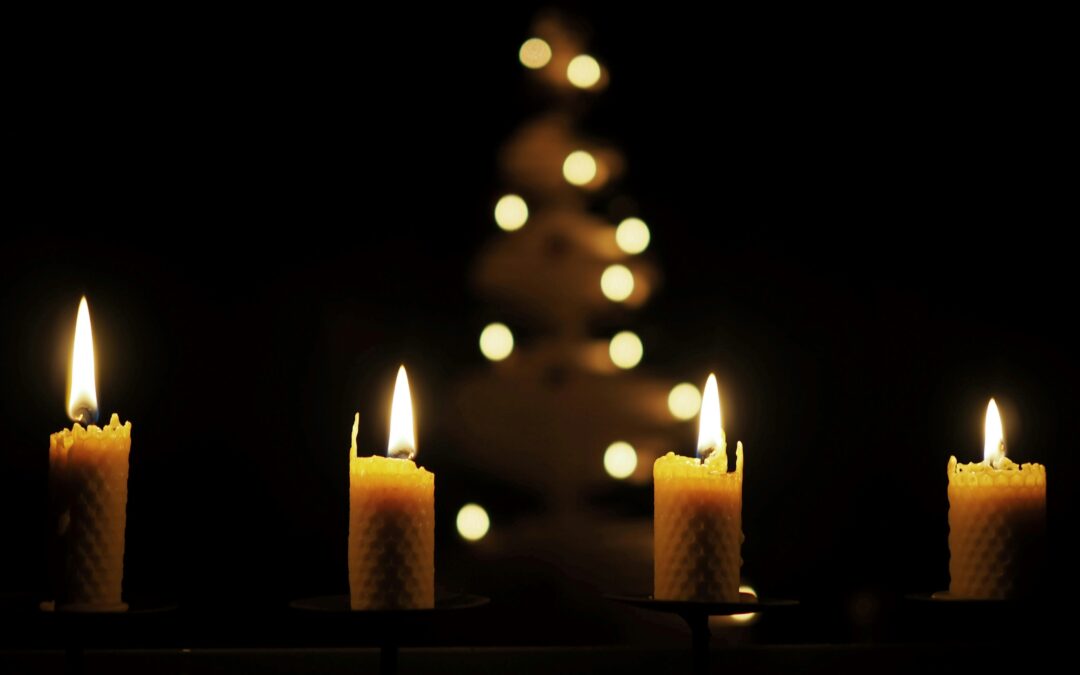
by Palmyra Bakker | Dec 15, 2024 | Blog-UK
For many people the dark days of December ein the weeks before Christmas are a time of togetherness, warmth and cosiness. For people in mourning, this can be overshadowed by loss. For them, these holidays can actually be difficult.
The emptiness that someone leaves behind is highlighted by the empty chair at the table and memories that come up unexpectedly. While the world around you is in party mode, the sadness for someone grieving surfaces.
It can help to consciously think about how you want to spend the holidays. Perhaps it is difficult to participate in certain traditions just now, because you need to slow down. It is tempting to withdraw, but being with family or friends can bring distraction and comfort. A smile or a warm/nice remembrance can bring an unexpected moment of joy.
During this period, it is important to take good care of yourself.
With the following poem from Winnie the Pooh, I like to conclude.
If there ever comes a day
when we can’t be together,
keep me in your heart,
I’ll stay there forever.”
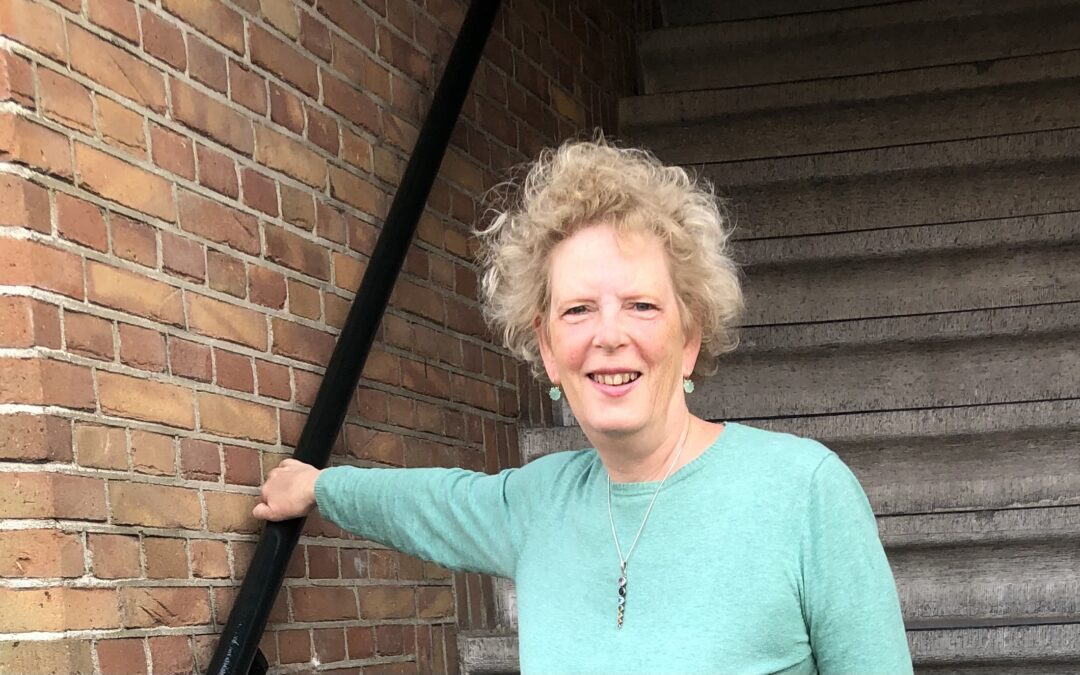
by Palmyra Bakker | Jun 20, 2024 | Blog-UK
After losing my partner, Paul, my outlook on life changed. Until then I worked for a multinational company as a Change Manager. I then opted for a different interpretation of my work, by first completing Coaching training and then Grief and Loss training at Land van Rouw.
Many clients have since found their way to my practice. It touches me, how many have made the choice to choose me. Sometimes it was the text on my website, a poem, the description of who I am, my photo, the reviews, through a telephone conversation with me, a referral from a GP or a recommendation from a client. It is both fascinating and interesting to guide people from different cultural backgrounds in my practice. For me, an essential part of this has always been to provide a safe place where people are welcome with everything going on related to their loss.
A completely different side of my work is advising P&O managers (Personnel & Organization) on how to deal with loss in the workplace and guiding support bereavement groups at Humanitas. I also get a lot of satisfaction and inspiration from this.
I am, of course, not standing still. Over the last two years I have been studying Trauma Processes at Praktijk Parabel by Gwen Timmer and I am slowly integrating this into my work.
To reflect on the success of my practice, the 1.5-hour intake / introductory meeting is free until end of September for people starting a new support program.
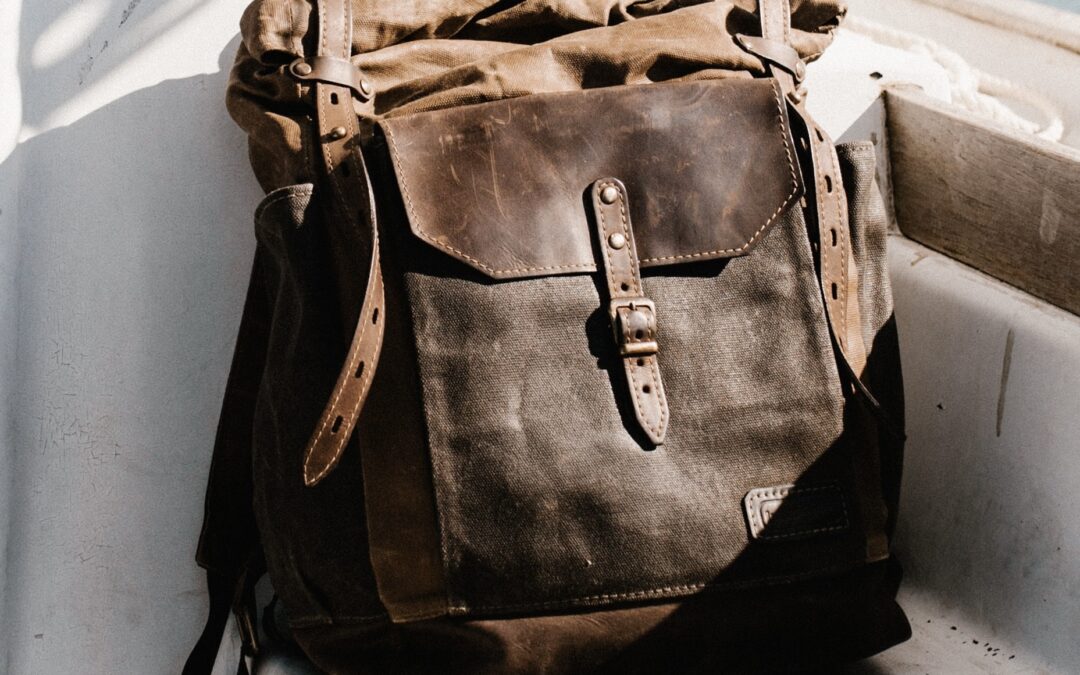
by Palmyra Bakker | May 2, 2024 | Blog-UK
Peter and Claudia decided not to see each other for a while. Claudia needed time to think if she wanted to continue with the relationship commitment at her young age. The separation had done her good. They had agreed to talk soon to see if they wanted to stay together. It never came to that. On his way home, after an evening meeting from work, Peter died in an accident. Claudia was completely devastated. Why? (did it have to be this way)? She hadn’t had time to say that she loves him and that she wanted to move forward with him..
Eight months later, his parents gave her his bag, which had been released by the police. The three of them unpacked it together. Curious to see what’s inside. It contained his books of his work and two deodorants. She is very happy with the deodorants, the smell reminds her of him. There was also a ‘kinder egg’ in it, which made them laugh. It turned out to contain nothing but some mustard seeds. To this day, it is a mystery to her why he put mustard seeds in the egg. She can’t ask him (anymore).
On the way home, she is surprised that there is so much laughter despite the sadness. Once home alone, she puts the bag down and immediately the intensity of the loss overwhelms her again.
Grief can be overwhelming at unexpected moments after the loss of a loved one. Sometimes the trigger is a comment from someone or a memory triggered by something or as in this anecdote, the bag. If you can, don’t push back this grief and let it be there. By allowing it and staying with it, it will slowly subside and some space will be created.
If the grief remains repeatedly overwhelming and there is little to no change in how you feel, it is advisable to seek support in dealing with your loss.
The names used are fictitious.

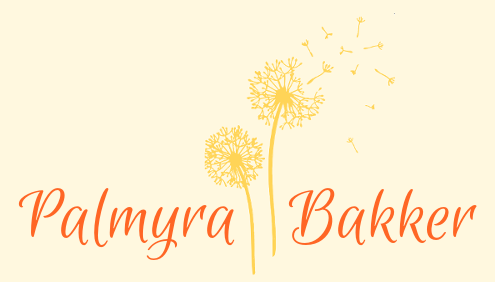





Recent Comments